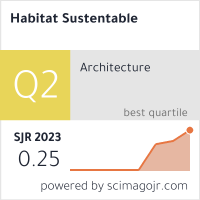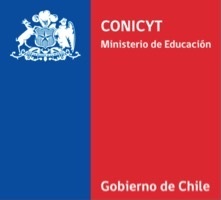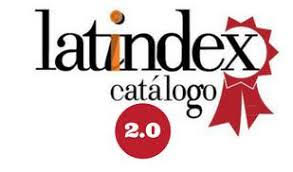Economic evaluation of energy efficiency case study: Construction systems for social housing in Montevideo, Uruguay
Keywords:
social housing, nontraditional construction systems, energy efficiency, energy simulation, financial analysisAbstract
This article deals with the assessment of energy performance of homes designed with different construction systems. It proposes a model of analysis to study the economic benefits derived from energy efficiency solutions in the design stage. Research was carried out on social housing in Uruguay, taking into consideration the importance of the Law for the Promotion of Social Housing (Law 18,795), which was approved in August 2011 and seeks to meet the needs of the middle and lower-middle socioeconomic sectors of the population.
The Ministry of Housing, Territorial Planning and Environment (MVOTMA) allows the use of non-traditional construction systems as an alternative to reinforced concrete and masonry with the approval of a Technical Qualification Document in which the supplier pledges to meet performance standards established in the document Performance standards and requirements for social housing. In the study, three combined methodologies were used transversally and sequentially. A selection of cases was carried out to limit the inquiry. Energy simulations and financial analyses were performed to assess the profitability of the incorporation of energy efficiency. As a result, an analysis model for the study of other solutions is proposed.
Downloads
Downloads
Published
How to Cite
Issue
Section
License
The content of articles which are published in each edition of Habitat Sustentable, is the exclusive responsibility of the author(s) and does not necessarily represent the thinking or compromise the opinion of University of the Bio-Bio.
The author(s) conserve their copyright and guarantee to the journal, the right of first publication of their work. This will simultaneously be subject to the Creative Commons Recognition License CC BY-SA, which allows others to share-copy, transform or create new materials from this work for non-commercial purposes, as long as they recognize authorship and the first publication in this journal, and its new creations are under a license with the same terms.











 Scientific Information Program/Concurso Fondos de Publicación de Revistas Científicas 2018/ Proyecto Mejoramiento de Visibilidad de Revistas UBB (Código:FP180007).
Scientific Information Program/Concurso Fondos de Publicación de Revistas Científicas 2018/ Proyecto Mejoramiento de Visibilidad de Revistas UBB (Código:FP180007).





